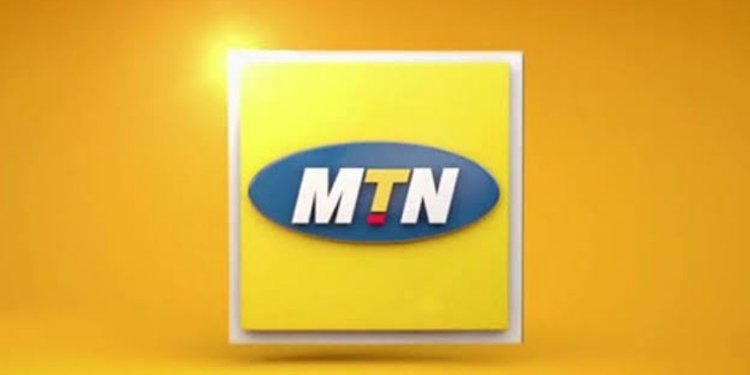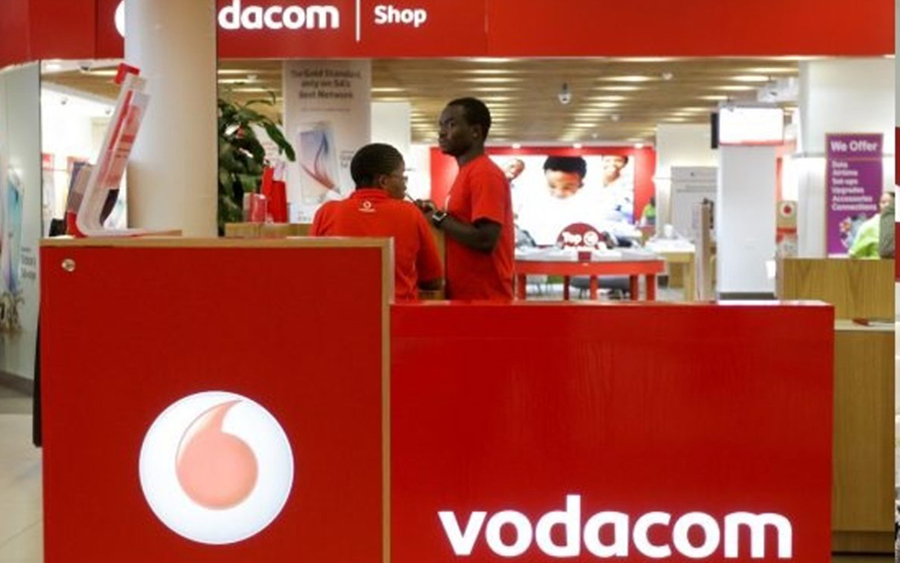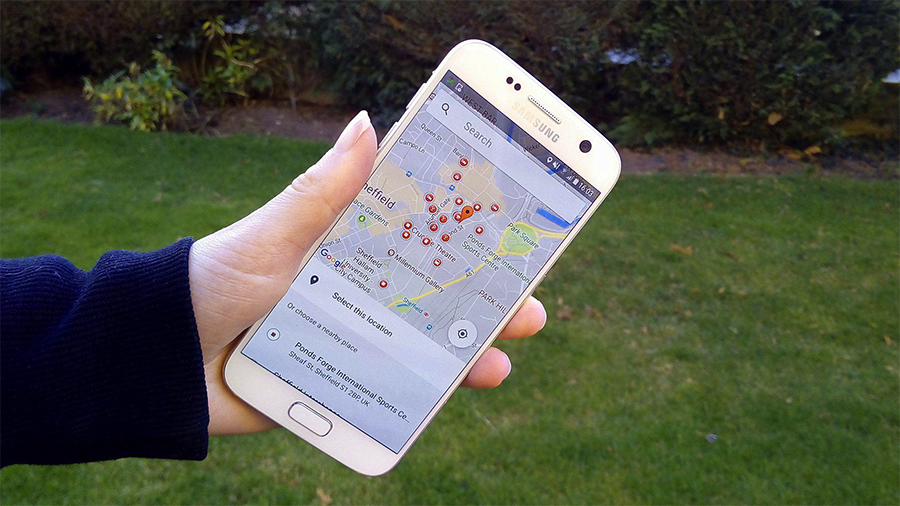MTN Group’s South African arm has announced a major investment in its network infrastructure to cope with the ongoing power crisis that has plagued the country for months.
The mobile operator said it has improved its network availability by 15% as a result of deploying more than 20,000 batteries, 5,000 rectifiers, and nearly 900 diesel generators to its sites across the country.
The power cuts, which have reached unprecedented levels of severity and duration, have disrupted the lives and businesses of millions of South Africans, as well as the operations of mobile networks that rely on electricity to provide connectivity.
MTN, along with its competitors Vodacom and Telkom, have been struggling to keep their networks up and running amid the frequent and unpredictable outages.
MTN South Africa Chief Executive Charles Molapisi said the company was committed to winning the battle against the power crisis and providing its customers with a reliable and resilient network.
He said the company had invested between R4.5 billion ($233 million) and R5 billion into its network to ensure its mobile network operates effectively during the worst power cuts on record.
Molapisi said the company had upgraded more than 5,000 network sites with batteries, rectifier swaps, backup generators, and increased security to protect them from theft and vandalism. He said the company had upgraded 2,000 sites in August alone.
Tapping into Nigerian Expertise
MTN’s presence in Nigeria since 2001 has exposed the company to the intricacies of operating in an environment with an unstable power grid.
- In Nigeria, frequent and prolonged power outages are a common challenge, and MTN has adapted its operations to address this issue effectively.
- In Nigeria, MTN has successfully utilized diesel generators as a key component of its energy strategy. These generators have played a vital role in ensuring network reliability and resilience, even during times of power instability.
- MTN’s ability to manage diesel generators in the Nigerian context has not only allowed it to maintain consistent network services but has also served as a valuable learning experience.



















